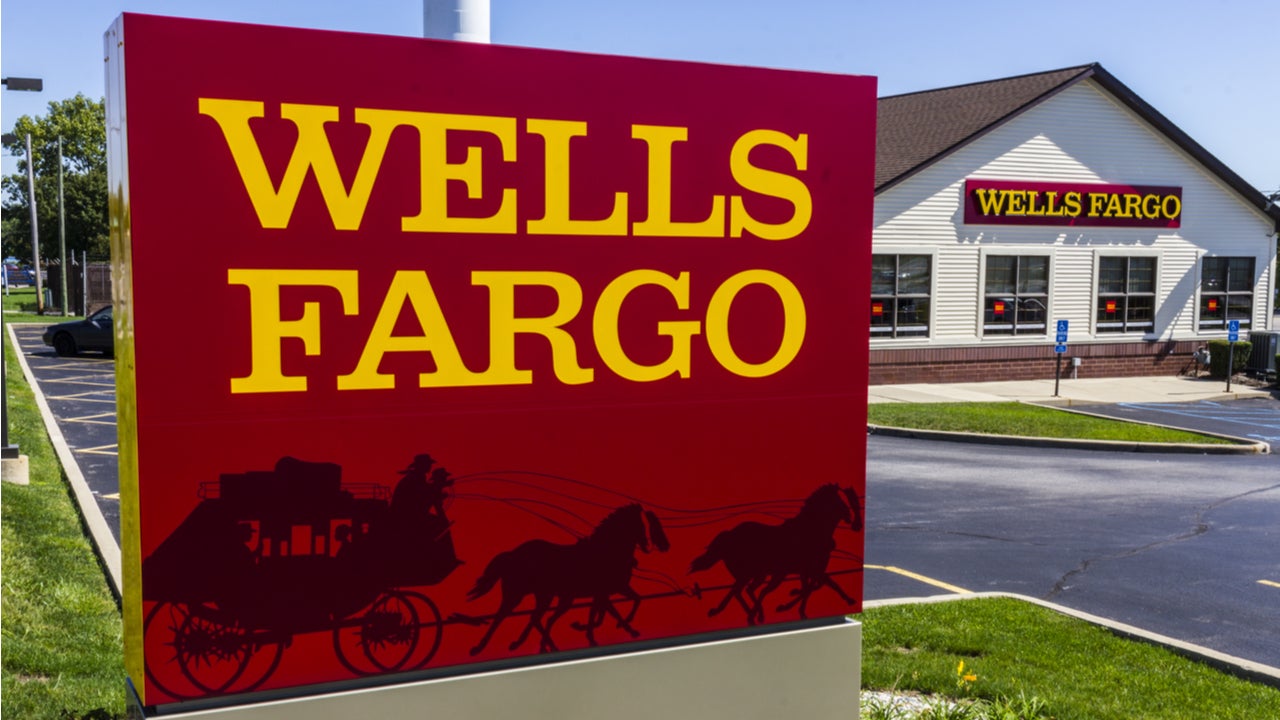CFPB sues installment loan company for alleged aggressive and illegal practices

On August 22, 2023, the Consumer Financial Protection Bureau (also known as the CFPB or ‘the Bureau’) announced that they officially sued Heights Finance Holding Company — formerly known as Southern Management Corporation — for its alleged illegal loan-churning practices that harvested millions in loans and fees from its borrowers.
The CFPB is taking action against all of Height’s subsidiaries — collectively known as ‘Southern’ — including Covington Credit, Southern Finance and Quick Credit. Here’s what impacted borrowers need to know about the ongoing civil case.
Southern lending group accused of targeting vulnerable borrowers, misleading lending tactics
Southern is a national, nonbank installment lender that is a wholly-owned subsidiary of CURO Group Holdings Corporation. The majority of the Southern’s borrowers include older Americans living on fixed incomes or single-parent jobholders. According to the CFPB, the typical borrower has an annual income of under $25,000.
Southern was found to have exercised control over all of its subsidiaries, directing them to operate under the misleading lending practices cited by the CFPB, including aggressively pushing borrowers to refinance and trapping them in a loan churning scheme.
In its official complaint, The Bureau alleges that Southern’s practices violate the Consumer Financial Protection Act of 2010 due to their unfair and abusive nature. “They [the loan-churning practices] are abusive because they take unreasonable advantage of borrowers’ lack of understanding of the material risks, costs, or conditions of a refinanced Southern loan,” the complaint reads.
It adds that the lending practices are also abusive because they take unreasonable advantage of borrowers who are struggling to make their payments and are unable to protect their interests in the selection or usage of a refinanced loan from Southern.
Roughly 10,000 borrowers caught in “continuous, uninterrupted debt”
Between 2013 and 2020, nearly 10,000 of Southern’s borrowers were caught in the refinancing loop, despite the fact that most of the loans offered by the company total a few months in length.
What’s more, The Bureau wrote that a majority of those aggressively coerced into refinancing were borrowers originally struggling to make their monthly payments. As a result, many of the borrowers had to continue refinancing, trapping them in what the CFPB refers to as “the loan churning scheme.”
According to the press release, nearly 10 percent of Southern’s customer base has refinanced their loans with them a dozen times or more, misleading consumers to believe that this was a helpful way to manage debt. “What Southern sold as a financial lifeline was, in reality, pushing customers into financial quicksand,” said CFPB Director Rohit Chopra in a statement.
Vulnerable borrowers allegedly led to refinance to avoid delinquencies or default
“Southern strives to maximize its profits from customers who must refinance to avoid delinquency and default,” the CFPB’s release reads. “Refinanced loans comprise the bulk of Southern’s loan origination volume every year. More than 70 percent of the roughly $250 million in loans that Southern makes each year are refinanced loans with the company.”
It’s alleged that the following tactics were used to churn such a large amount out of refinancing alone:
- Using coercive methods to rush customers with delinquent balances into a refinance loan.
- Incentivizing employees through compensation programs to use said coercive refinance-centered lending tactics.
- Targeting consumers based on their likelihood of refinancing again.
- Misrepresenting the role of refinancing as a “fresh start” to customers who are already struggling to repay their balances.
CFPB calls for compensation for those harmed, civil penalties
The lawsuit calls for Southern to halt its loan churning methods, is seeking to gain compensation for those who were harmed by the company and, if the civil suit ends in the CFPB’s favor, will require that Southern pay a civil money penalty.
While nothing has been announced in terms of potential redress, the CFPB states that it is currently taking action to address Southern’s unfair and abusive steering practices. That being said, those who think they have fallen victim to the Southern’s unlawful lending methods need to be on the lookout for more information from their lender and can submit a complaint on the CFPB website or by calling (855) 411-CFPB(2372).
How to spot unlawful lending practices
Unfortunately, there are lenders that use illegal methods to rope in consumers that can cause financial harm down the road. The best way to protect your finances is by knowing what the red flags are before it’s too late.
Know your rights as a consumer. The minute you sense deceptive or misleading practices, consult the Consumer Credit Protection Act and the Truth In Lending Act to see if the lender’s behavior or the loan details fall outside of what’s lawfully required.
Some potential signs of unfair or abusive behavior include (but aren’t limited to) the following:
- Loans with interest rates that exceed the state-wide legal limit.
- Lenders that fail to disclose important information regarding the loan details or about the company itself.
- Companies that advertise false or blatantly misleading information.
- Feeling pressured to make a decision quickly due to aggressive communication tactics with little to no explanation.
- Being threatened by debt collection practices through the lender directly and not through a collection agency.
You may also like

Wells Fargo is no longer offering student loans





